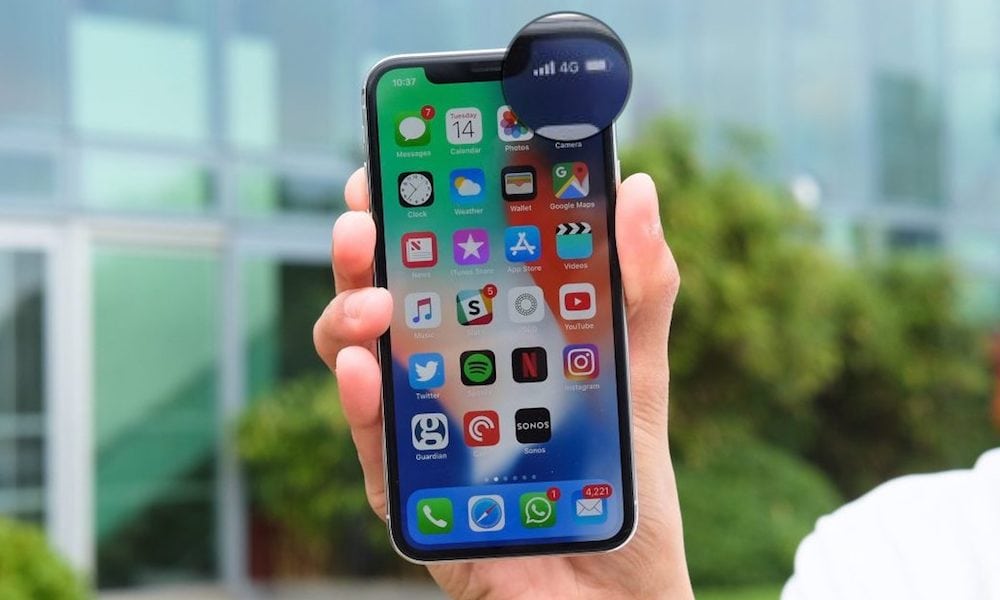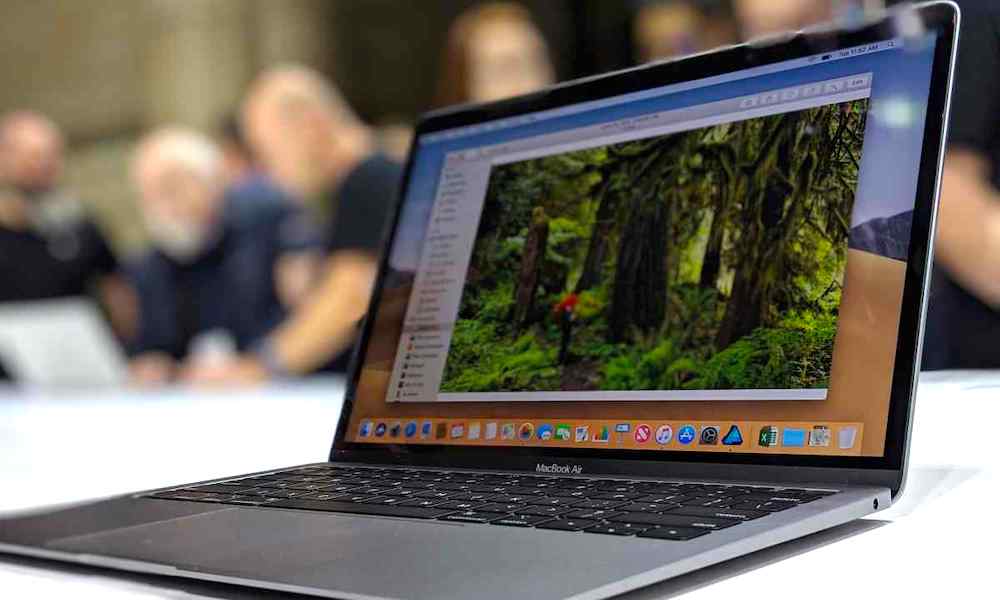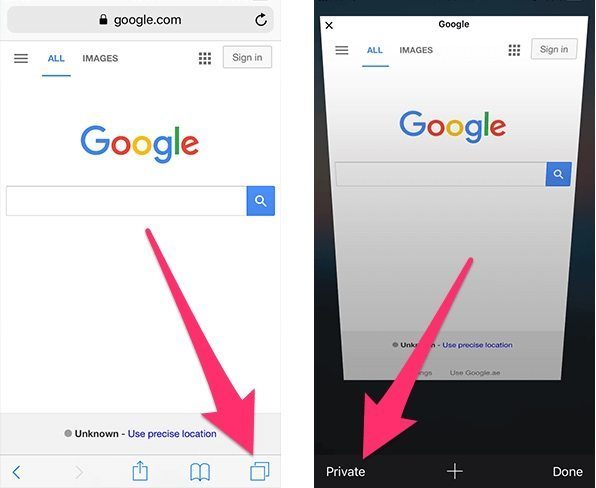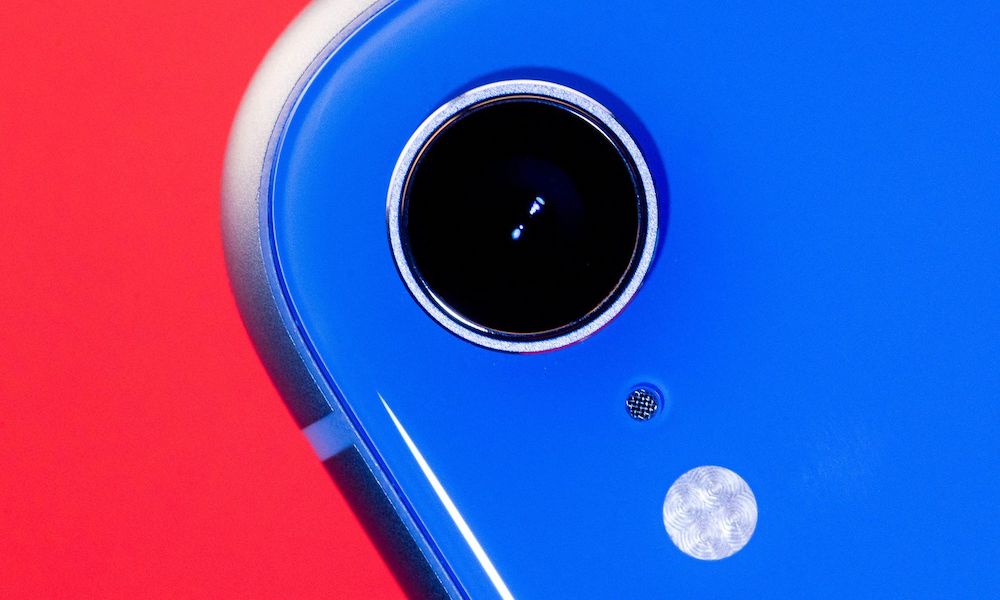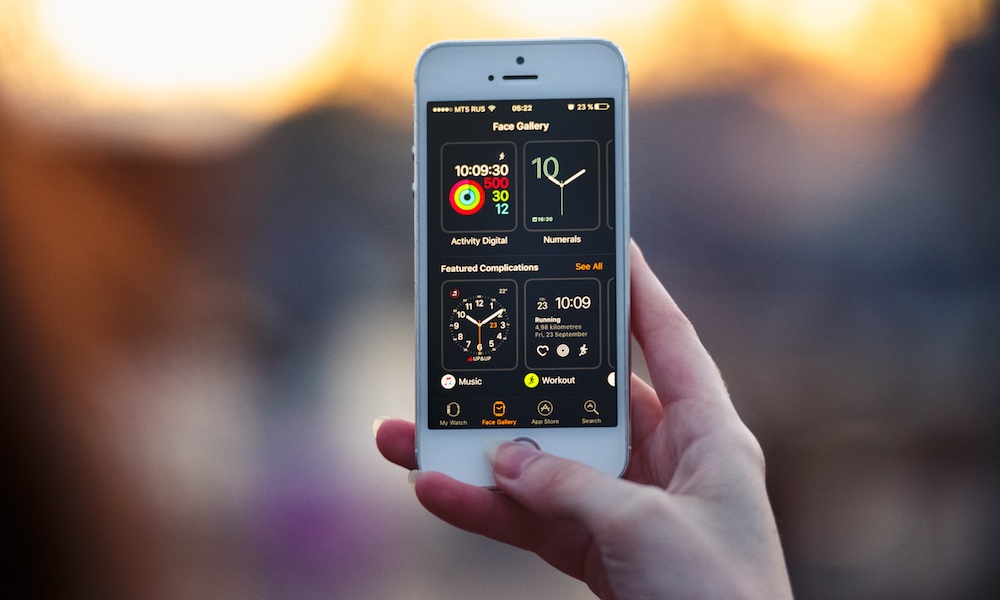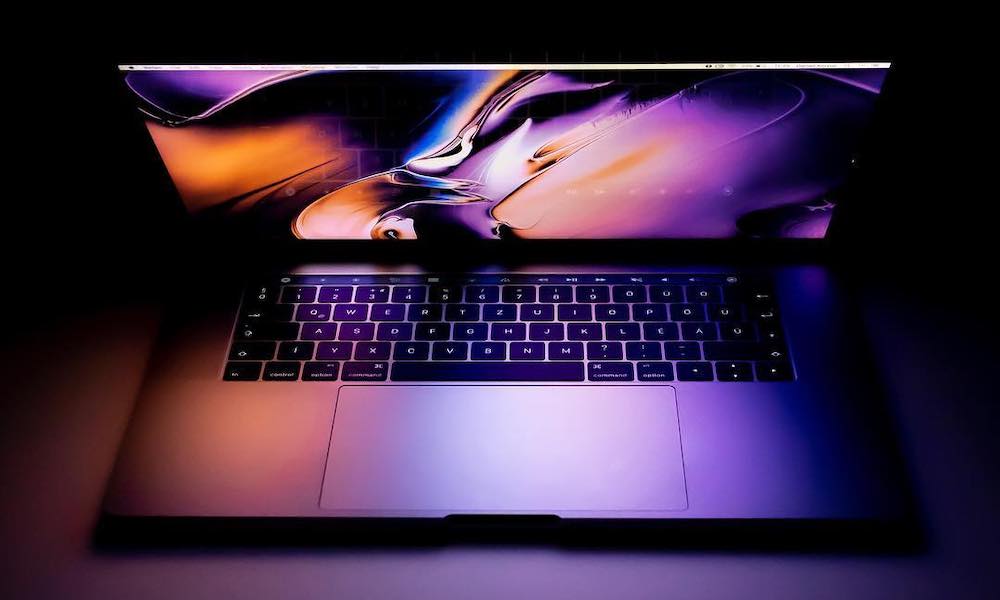8 (Debunked) Tech Myths People Still Believe Today
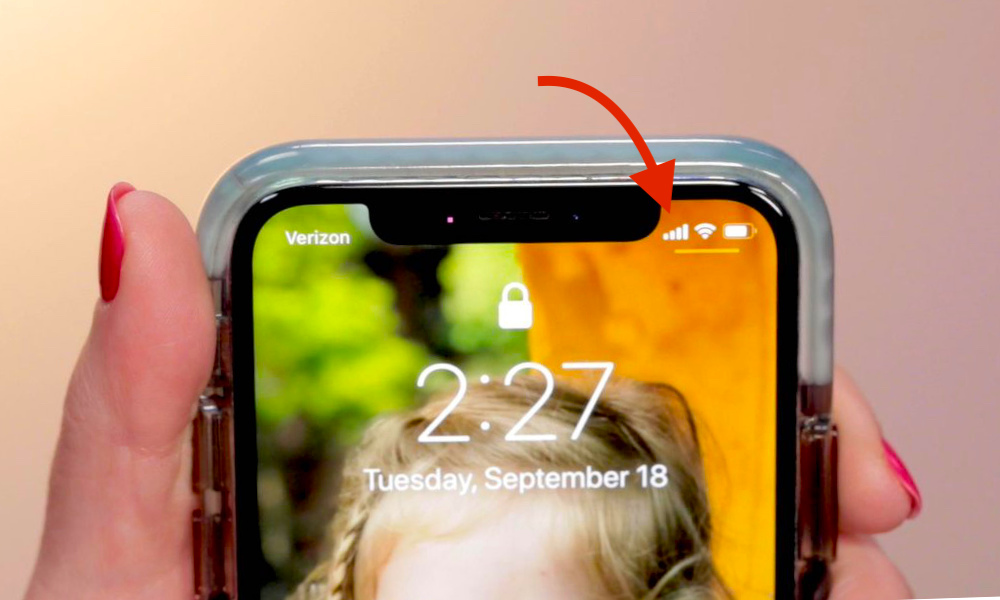 Credit: Rich Tehrani / Twitter
Credit: Rich Tehrani / Twitter
While game-changing technologies like smartphones capable of capturing 3D images, or private web browsing on ultra-fast computers have become mainstream facets of our everyday lives — it’s understandable that some of us might simply not understand how it all works.
Unfortunately, while it’s never too late to start learning, it's this very lack of understanding which leads to the circulation of tech myths: false or otherwise misinterpreted truths pertaining to the ins, outs, do’s and don'ts of everything tech.
Though the majority of these myths (and particularly the biggest falsehoods concerning Apple’s iPhone) have been debunked over the years, recent surveys published to the web have revealed that a surprising number of people still believe they’re factually true. Continue reading to learn more about 8 (Debunked) Tech Myths People Still Believe Today.
"More Signal Bars on Your Cellphone = Better Cell Service"
While it’s a safe bet to assume that more signal bars on a cellphone indicate a stronger connection to its host network — they actually don’t indicate strength, according to DigitalTrends.
Signal bars on a cell phone are primarily meant to indicate how close the user and their device are to the nearest cell tower. And while seeing more signal bars on your device is certainly better than not seeing them, there are ultimately a number of other factors at play when it comes to determining signal strength.
“The way these things work is that the handsets report what they see back up to the network, and then the network tries to make an intelligent choice as to what technology, band, channel, etc. the handset is going to use for its next communication,” said Steve van Skike, a Senior Manager with cell-phone booster company, Nextivity. “It’s not always based on how strong the signal is.”
"Cellphones Can Give You Brain Cancer"
There might actually be as much substantive research on this topic as there are people out there who still believe it’s true — that cellphones can give us brain cancer.
While it’s true that cellphones emit concerning amounts of radiation when in use — and while radiation has long been associated with the development of cancerous tissues in the body — a study recently conducted by the National Cancer Institute found no significant evidence suggesting that radiation from cellphones causes cancer, or tumors, of any kind.
"Airport X-Ray Machines Can Wipe Your Phone or Laptop's Memory"
Despite the multitude of travelers who go through airport security every day with their phones and laptops neatly packed within those little X-Ray bins for examination, a whopping 31 percent of those surveyed by HighSpeedInternet.com said they believe it’s true that airport X-ray machines can wipe the memory on their phone or laptop.
Luckily for them, it’s not true..
While X-rays are capable of “wiping” things like the images from old-school rolls of 35 mm film, they’re not able to wipe digital content like the photos and files stored on your hard drive. You’d need a very strong neodymium magnet to do that.
"Private, Incognito Web Browsing Is Safer"
While “private browsing” via Safari and “Incognito mode” via Google Chrome may appear to offer additional layers of security when browsing the web, they
In vast contrast with a Virtual Private Network (VPN), which is an effective yet inexpensive software program specifically designed to mask your identity, passwords, credentials and browsing history in its totality. “Private” or “incognito” browsing means the browser simply won't log your search history or import bookmarks by default. But you're still "you," as far as other users, admins, and your ISP is concerned.
Ultimately, private browsing won't protect your identity, but a good quality VPN will.
"More Megapixels (MP) = Better Photo Quality"
While smartphone vendors like Apple, Samsung and LG have been stepping-up their camera game in recent years, a common misconception concerning mobile camera performance is that the more megapixels (MP) you’ve got, the better your picture will turn out.
In fact, according to the survey, a whopping 86 percent of respondents believe this to be true. But, it's not..
While having a higher number of MP above ~12 (like 16 or 40) means your device is capable of capturing photos at higher resolutions, no positive correlation exists between increased MP count and increased image quality. The device's camera lens and software capabilities actually make a much larger difference in terms of photo quality.
"Companies Intentionally Slow Down Older Devices When New Ones Drop"
This myth is somewhat difficult to address, mainly since there’s been so much controversy surrounding it in the news lately, but according to the survey, just over half (~52 percent) believe that smartphone makers deliberately slow down their devices when a newer model is released.
But while Apple and Samsung, have been openly accused (and penalized) for allegedly forcing older models to slow down (conveniently, around the same time
"Once a File Is Deleted, It's Gone for Good"
Despite modern advancements in the areas of digital file creation, storage, and the almighty Solid State Drive (SSD), an estimated 12 percent of individuals surveyed believe that once you erase a file from your computer or phone, it’s gone forever.
Fortunately, some of these same advancements in file management, SSD storage and the advent of powerful software programs mean that files once deleted and thought to be gone-for-good, can now be recovered, even after you empty your recycle bin.
"You Should Shut Down Your PC Every Single Night"
Despite advancements in power management and the influx of advanced components like USB-C, octa-core CPUs and energy-sipping battery packs, 31 percent of individuals surveyed believe that if they don’t manually shut down their Mac or PC every night, eventually it’ll stop working properly.
Modern computers have “fewer mechanical components and better power management" technologies, according to study author John Dilley, who notes that these improvements ultimately render “minimal effect” on your machine’s long-term potentiation, whether you shut it down every night or not. Either way, it's still good practice to shut your laptop down at least once a week, which will reduce stress on its battery over time.

